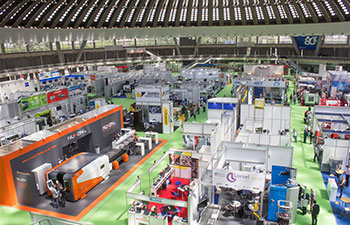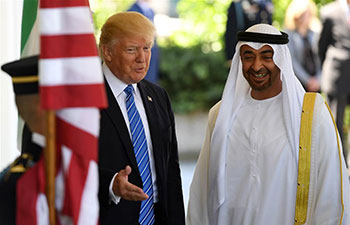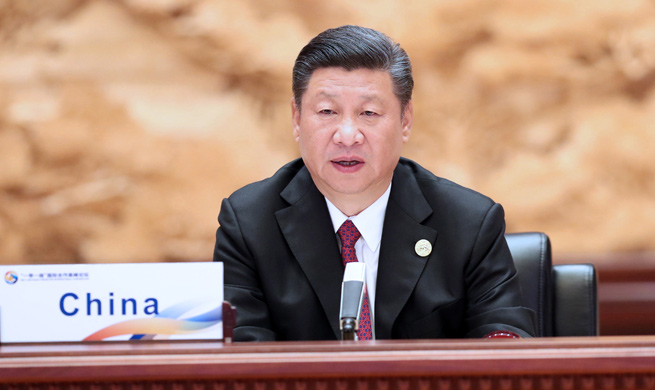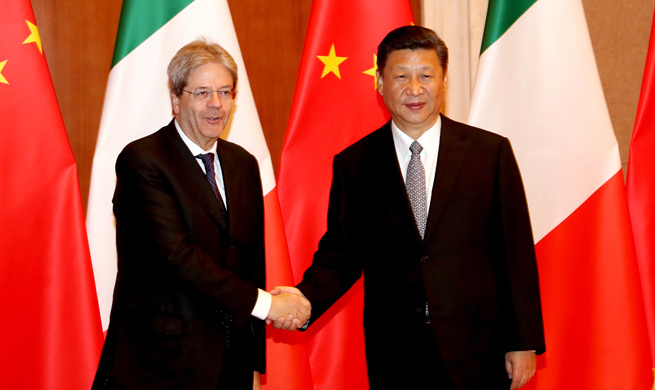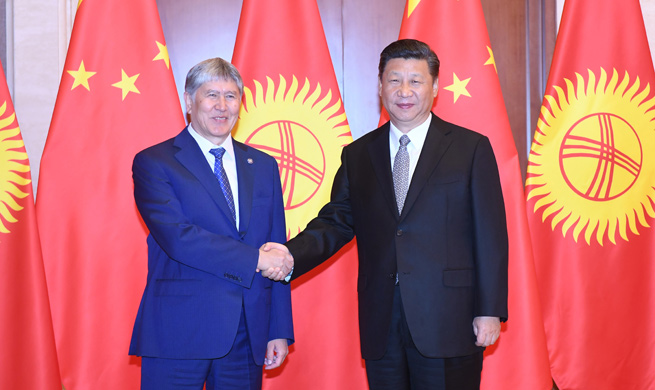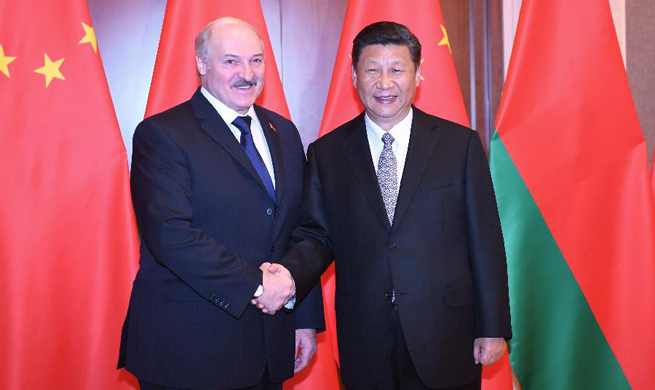KUALA LUMPUR, May 16 (Xinhua) -- Malaysian Prime Minister Najib Razak said here on Tuesday that "encouraging results" were achieved during his attendance to a forum on the Belt and Road Initiative in China on May 14-15, and that he was confident Malaysia would realize its potential under the initiative.
Najib, who just wrapped up a five-day visit to China for the Belt and Road Forum for International Cooperation, said in a blog posted on his personal website najibrazak.com that Malaysia will benefit tremendously under the initiative as it enhances the connectivity between China and other regions, such as Central Asia, Europe, Southeast Asia and East Africa.
Describing the initiative as one that can stimulate development among different sectors and industries via better infrastructure, Najib said this in turn will facilitate world transportation and logistics, so all countries can access to larger markets.
"With the vision of shared prosperity and win-win situation, I believe Malaysia and other countries will realize the potential of the Belt and Road Initiative," he said.
During the visit, Najib witnessed the signing of nine Memorandum of Understandings (MOUs) worth up to 31.26 billion ringgit (7.24 billion U.S. dollars) between China and Malaysia.
These MoUs range from sectors in construction, agriculture, finance to infrastructure, most of which will be carried out in Malaysia, according to Najib.
Among the projects are a 15-billion-ringgit (3.48-billion-dollar) Robotic Future City in Johor Baru, a 8.69-billion-ringgit (2-billion-dollar) methanol and derivatives complex in Tanjung Kidurong, Bintulu and a large scale mixed development project in Kota Kinabalu, Sabah.
"I believe more Malaysian companies will benefit from the great relationship between China and Malaysia," he said.
The Belt and Road Initiative was proposed by Chinese President Xi Jinping in 2013 with an aim to build trade and infrastructure networks connecting Asia with Europe and Africa along the ancient Silk Road routes. It comprises the Silk Road Economic Belt and the 21st Century Maritime Silk Road.








